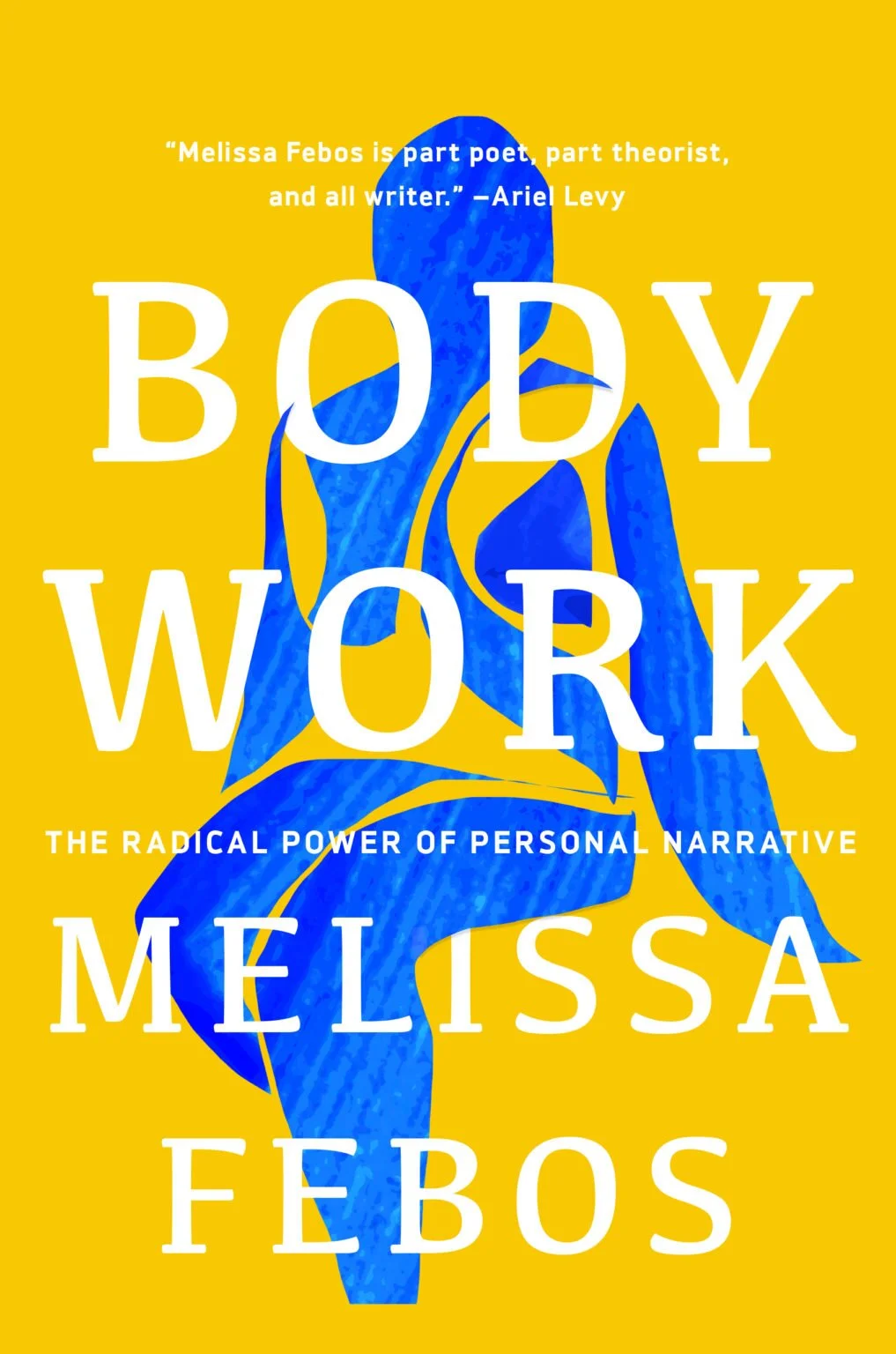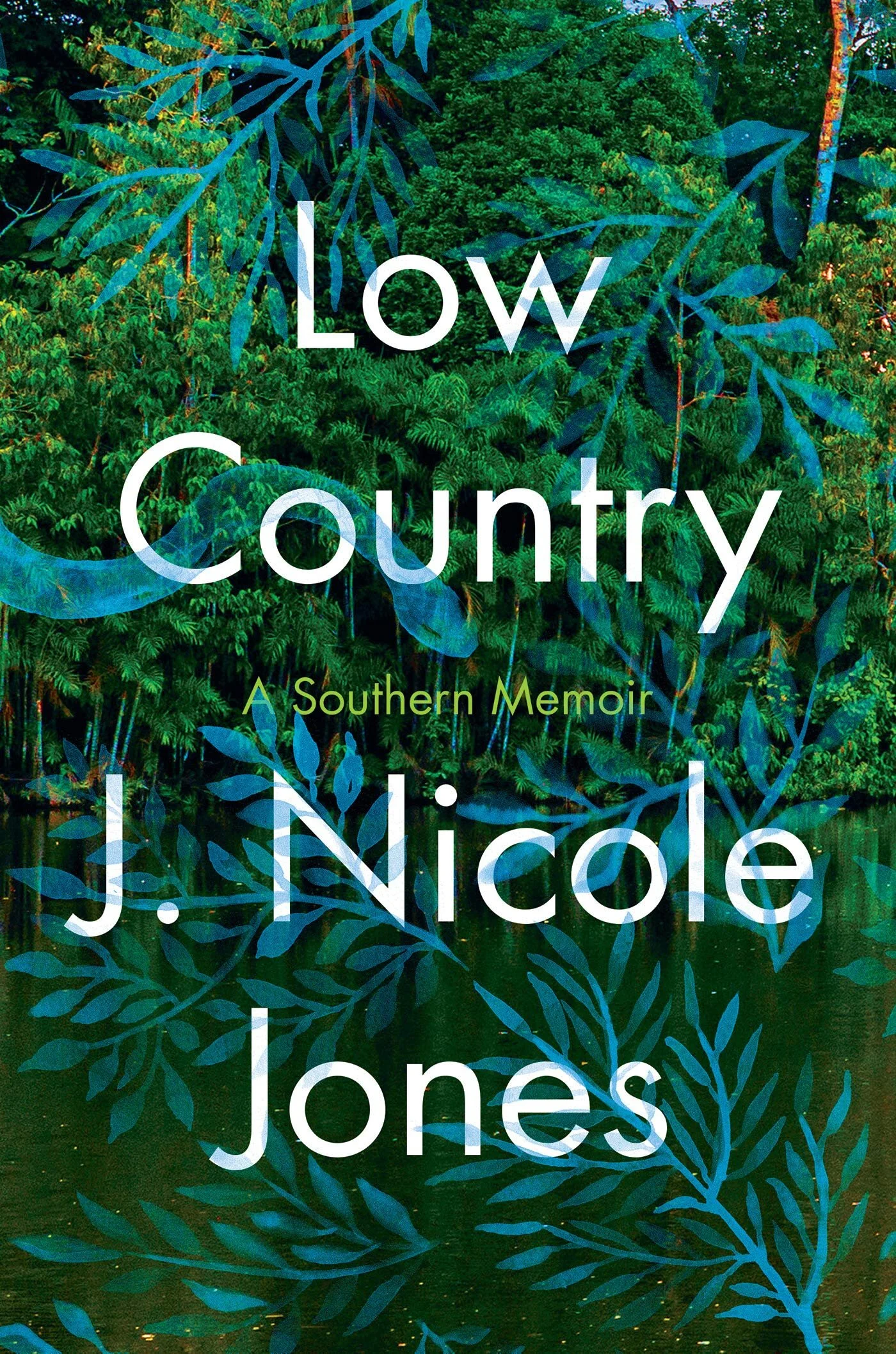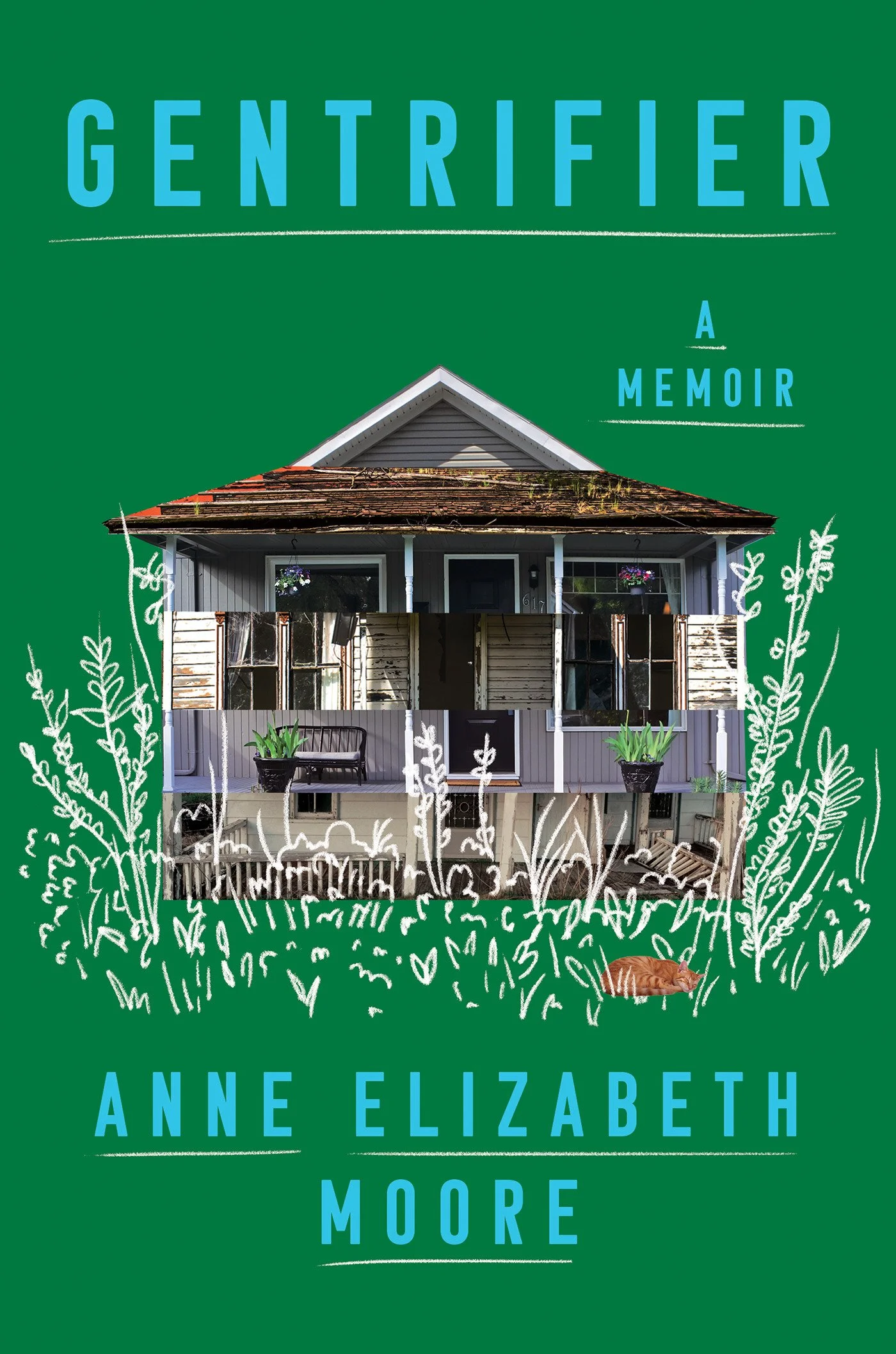Hot Off the Shelf: Body Work by Melissa Febos
[image description: The book cover for Body Work by Melissa Febos. The background is bright yellow and there’s a blocky outline of a body in blue in the center. The title is in big white letters.]
Disclaimer: I received a free copy of this book in exchange for an honest review and I honestly LOVED it. If you’d like your own copy you can buy one at the affiliate link at the bottom of this page.
I love buying books about writing but I’ve learned to give most of them the side-eye. There’s so much conflicting information out there: If you want to write, get up early. No, stay up late. Stay away from second-person, it’s so overdone. No, the second-person is interesting and innovative. No one wants to read a book about motherhood/cancer/etc. Sure, they do. Never do this. Always do that.
Over the years I’ve become so disillusioned with different writers insisting that their way is THE ONLY WAY to be a successful writer that I tend to shirk off most advice, which is obviously to my detriment when the advice might benefit me. With time, I’ve become extremely careful about the writing craft books I read––which is to say, I was initially a little skeptical about Body Work.
One of the reasons I side-eye craft books is because a number of them are written by people who have only written like one or two novels and the authors are actually more known for their craft books than they are for their actual craft. That’s not the case with Body Work. Melissa Febos has three commercially successful memoirs to her name and is a professor at one of the most famous writing programs in the country: The Iowa Writers’ Workshop. She’s got the writing chops to make me listen to and value her craft advice.
I wanted to get that out of the way before sharing the synopsis in case you tend to view craft books similarly.
Synopsis:
Memoir meets craft masterclass in this “daring, honest, psychologically insightful” exploration of how we think and write about intimate experiences—“a must read for anybody shoving a pen across paper or staring into a screen or a past" (Mary Karr).
In this bold and exhilarating mix of memoir and master class, Melissa Febos tackles the emotional, psychological, and physical work of writing intimately while offering an utterly fresh examination of the storyteller’s life and the questions which run through it.
How might we go about capturing on the page the relationships that have formed us? How do we write about our bodies, their desires and traumas? What does it mean for an author’s way of writing, or living, to be dismissed as “navel-gazing”—or else hailed as “so brave, so raw”? And to whom, in the end, do our most intimate stories belong?
Drawing on her own path from aspiring writer to acclaimed author and writing professor—via addiction and recovery, sex work and Harvard night school—Melissa Febos has created a captivating guide to the writing life, and a brilliantly unusual exploration of subjectivity, privacy, and the power of divulgence. Candid and inspiring, Body Work will empower readers and writers alike, offering ideas—and occasional notes of caution—to anyone who has ever hoped to see themselves in a story.
First, I like how focused Body Work is. The subtitle is The Radical Power of Personal Narrative, so it’s immediately clear that the book is by a memoirist for memoirists. Memoir is such a broad genre––those who read it regularly can attest to this and those who write memoir know this beyond a shadow of a doubt––that Body Work’s relatively small size makes you wonder how much nitty-gritty craft talk there is in the book. To my delight, not much.
When I say nitty-gritty craft talk, I mean the discussions of “do this, don’t do that,” that so exhaust me. There are so many different ways to be a writer that I find one-size-fits-all advice, or even one-size-fits-most, usually doesn’t address the particularly problems in a writer’s work. I believe every writer can benefit from writing education, but at a certain point you just have to sit down and write your story in the way only you can tell it. If writing craft advice chafes against your voice, I think you have an obligation to ignore it.
That’s why I was glad to see that Body Work isn’t so much craft talk at all, but is rather philosophical discussions about writing and how certain types of personal narrative fit into the larger culture right now. For example, the first essay is a defense of navel-gazing, particularly in women’s writing, as well as the writing of trans and nonbinary authors. Febos points out double standards in the literary world and offers a manifesto for anyone who wants to tell their story and is worried about how it will be received by the literary establishment.
The essay on writing better sex scenes is particularly striking because people have a LOT of opinons about what makes good sex writing, what is smut, what is gratituitious, who should write about sex, etc. Febos once again dives into the double standards of women, trans, and nonbinary people writing about sex and how it’s viewed as “obscene” or “uncouth” when we do it, but simply a matter of course when cis male authors do it. She also investigates the arbitrary craft rules about what words not to use in sex writing by providing some very compelling examples of excellent sex writing that break those rules.
Simiilarly, there’s an essay about confessional writing––long derided by male critics and authors as being female drivel. In actuality, some of the best, most deeply riveting and emotionally compmelling writing is confessional in nature. So many of the “rules” of writing weren’t made by the people whose stories we most need to hear. As Audre Lorde said, “The master’s tools will never dismantle the master’s house.” But another way, “The master’s writing advice will never dismantle the partriarchal literary and publishing world.”
Perhaps my favorite essay was the one comprised of six parables about writing about other people. Far and away the most common fear I hear cited as to why someone doesn’t write is because they’re afraid what people will think, and this fear is amplified a thousandfold by memoirists and personal essayists who cannot tell their own stories without the appearance of other people whom they know in real life. And if the story is traumatic, it can be a difficult situation to navigate, especially if the people you’re writing about are still living, easily offended, and/or have the power to sue you. At no point does Febos say to avoid writing about other people because that’s impossible––no human, including writers, is an island unto themselves. Instead, she offers anecdotes from her own personal experience about what has happened after she’s written about people and, in some cases, what she’d do differently.
As a person who tends to disdain authority and view experts with natural skepticism, nothing in this book set off any red flags for me. The advice is measured and encourages you to trust your own intuition with your work (without telling you, unhelpfully, to just trust your intuition). It makes perfect sense to me that Febos teaches at one of the most prestigous writing programs in the country because she clearly and beautifully articulates philosophical concepts about writing in an engaging, accessible way. I suspect everyone who reads Body Work will get something different out of it according to what they’re struggling with in their own writing practice.
In terms of famous writing craft books, a couple come to mind: Writing Down the Bones, On Writing, and Bird by Bird among them. I truly believe Body Work belongs on this list of classic craft books. I think it’ll continue to be relevant for years to come and it’s a must-read for all writers, but especially memoirists. I don’t often re-read books, but I think I should re-read it once a year. I truly could not have loved this book more.
If Body Work sounds good to you––and if you’re a writer, I really hope it does––and you’d like to own a copy, I’d love for you to purchase it using my Bookshop link. Bookshop is an Amazon alternative that supports indie bookstores and blogs like mine. Your support helps keep the reviews coming!






